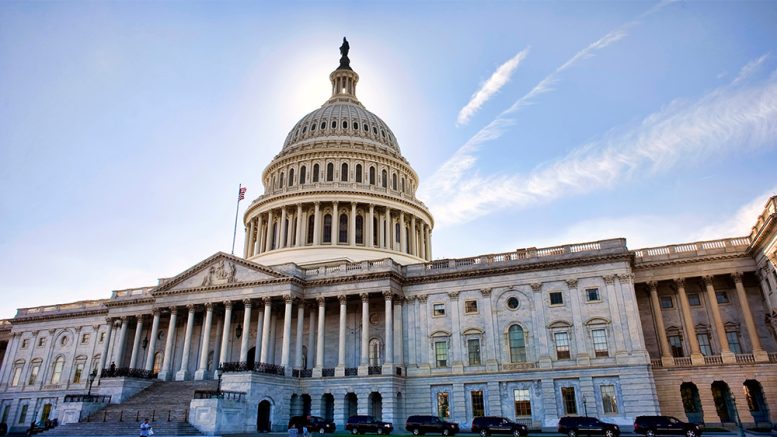
Braun
On Thursday, U.S. Senators Mike Braun (R-Ind.) and Sherrod Brown (D-Ohio) introduced the American Food for American Schools Act, a bill to make sure American-made food is being served in school lunches, first introduced in the House by Congressman John Garamendi and Congressman Doug LaMalfa.
“Our school lunch programs should be supporting American agriculture rather than importing food: it’s safer, healthier, and supports our economy rather than China’s,” Sen. Braun said. “I took the lead with Senator Brown to introduce the American Food for American Schools Act in the Senate because American kids should be eating American-grown food in our schools.”
Endorsements
- American Farm Bureau Federation
- American Fruit and Vegetable Processors and Growers Coalition
- Indiana Farm Bureau
- International Brotherhood of Teamsters
- National Council of Farmer Cooperatives
- North American Blueberry Council
Background
This bill would provide robust structure to the National School Lunch Program’s (NSLP) Buy America language. It would codify limited exceptions to the requirement – only granting waivers when domestic commodities or products are not reasonably available in sufficient quality or quantities. If a waiver is received, schools must notify parents that American food is not being provided. Waivers can only be granted for up to 5 percent of the total annual commercial food costs of a school food authority within each food component.
The bill requires USDA to publish information about the adoption of the Buy America requirement – including both a list of granted waivers and of foreign products purchased without a waiver. This information would serve as a “market” for domestic producers to challenge the waiver or enter the market with domestic content.
In order to streamline the “Buy America” contracting process, the bill would impose Buy American contract requirements for school food procurement. This will lighten the load of School Food Authorities, who may currently have issues creating or demanding language in contract negotiations. If an SFA is provided illegal products in breach of the contract (as in a last-minute substitution), the school would have safe harbor. USDA would have authority to seek reimbursement from commercial food suppliers for illegal foreign-sourced products that violate Buy America contract language. These funds would finance USDA’s Buy American Procurement Training Program.
Finally, the bill would subject other USDA school feeding programs (afterschool snacks, summer food service, child and adult care food, special milk, and school breakfast) to the Buy America requirement, which currently only applies to the NSLP.

